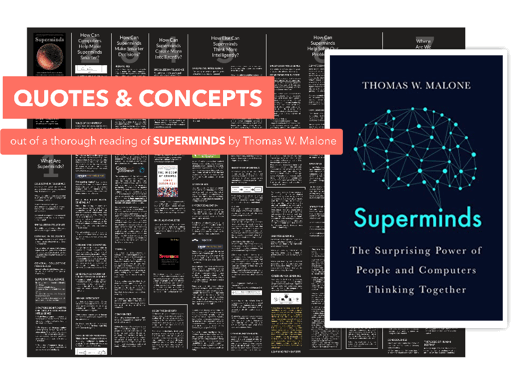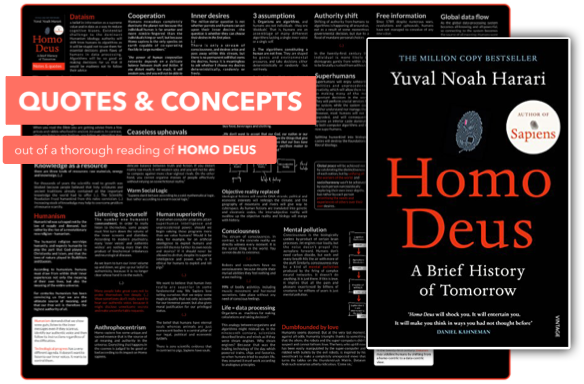How religion will be newly shaped with the advent of technology? A look at the various religions that have started relying on technology in today’s digital age.
Continue ReadingSuperminds
The wonderful essence of Tom’s book is to imagine how people and computers will interact on a massive scale to create intelligent systems.
Continue ReadingHomo Deus
Uncompromising exploration of the evolutionary concepts. Harrari attempts to illustrate the future of humanity and redefines meaning of ‘Dataism’ along the way.
Continue Reading
